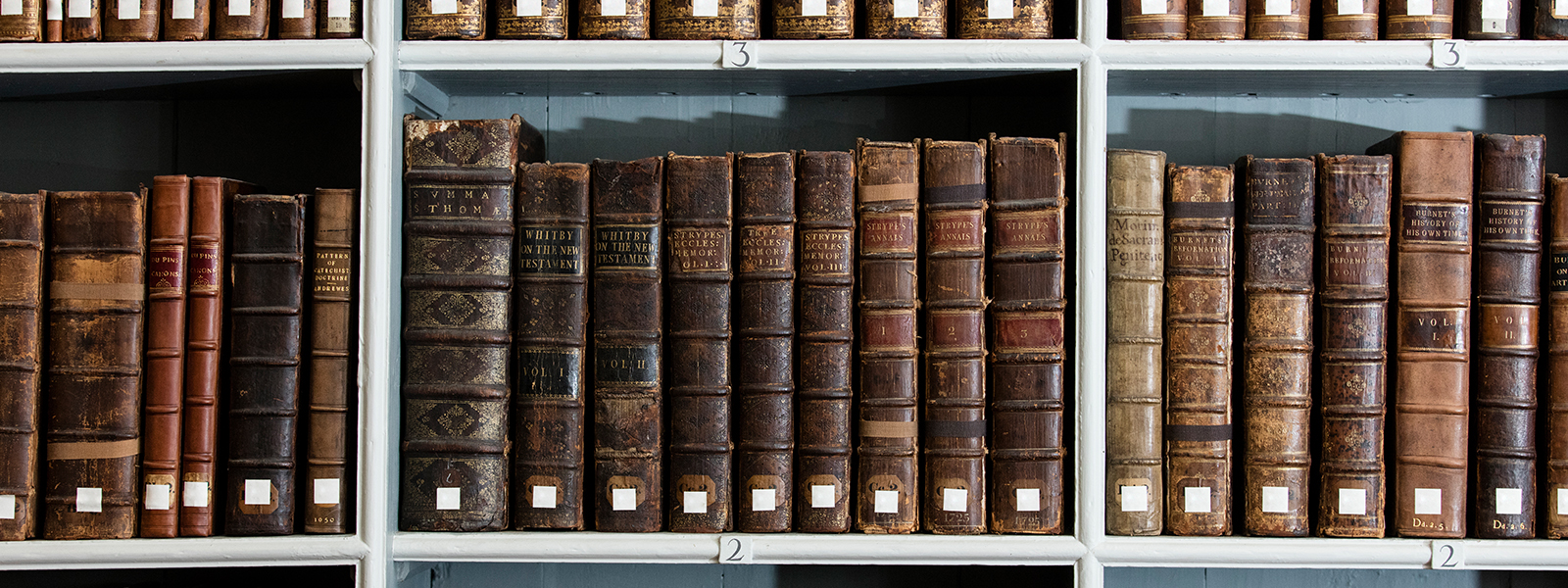Current Research Projects
Staff are involved in a variety of group projects, including the Medieval Studies Research Centre, C19th Research Group and Imprint Project.
They are also undertaking a range of individual projects, some of which are outlined below.
Individual Projects
Entangled Imperial Cities: Architectural Exchange between Lisbon and Old Goa, c.1580–1640 (British Academy)
This project examines architectural development in Lisbon and Old Goa through the lens of ceremonial entries in the period c. 1580–1640. During this period, Portugal’s European capital, Lisbon, and its Asian counterpart, Old Goa, were cosmopolitan centres within the Habsburg global empire. Ceremonial entries had a major impact on the urban development of early modern cities.
Previous analysis (Fernández-González, 2015) indicated that transoceanic comparative study was required for an assessment of the relationship between the triumphal culture and architecture of early modern imperial cities. It is striking that there has been no comparative study on the impact of ceremonial entries on the architectural development of early modern Lisbon and Old Goa.
‘Entangled Imperial Cities’ examines buildings, printed sources and archival accounts relating to entries and the built environment in both cities. By making such a comparison, this project intends to shed new light on our understanding of the relationship between centres and peripheries in the first global age.
Formative Spaces – Making Monks in Early Medieval Iberia (BA-Leverhulme Trust)
Formative Spaces is a British Academy-Leverhulme Trust Small Research Grant project that addresses the relationship between physical spaces and normative texts such as monastic rules in the formation of ascetic communities in early medieval Iberia.
Rulebooks for monastic life propose a complicated disciplinary regime that trained monks to adopt specific beliefs and practices, while an increasing number of monastic sites – the spaces in which monks were presumably trained in such practices – have been excavated in Spain and Portugal over recent decades. However, minimal attention has been devoted to understanding how the physical organisation of monastic space related to the rules that regulated ascetic life.
There are two strands to Formative Spaces: (1) a synthetic analysis of a sample of the extant monastic archaeological sites of early medieval Iberia (6th-7th century); (2) a comparison of such sites with contemporary Iberian monastic rules. This scoping study prepares the ground for a fuller examination of the spatiality of monastic formation in early medieval Iberia, and of the relationship between ascetic theory and practice more generally.
‘Sexology, Hormones and Medical Experiments in the Latin Atlantic World: Local Power and International Networks, 1918-1985’ (Wellcome Trust Award)
This five-year project investigates how hormone research impacted medical sexual knowledge and how it travelled between Southern Europe and Latin America in the twentieth century. The project focuses on four medical institutes in Argentina, Brazil, Italy and Spain that developed hormone treatments to cure a number of perceived sexual pathologies and normalise individuals.
These institutes collaborated to shape a new medical sexual knowledge, and had mutual exchanges of personnel and scientific techniques. This project aims to understand how hormone research came to play a critical role in the history of medical sexual knowledge; the extent to which endocrinology changed contemporary views of gender and sexuality; and how the global north and the global south have been intertwined in the production of scientific sexual knowledge. This grant also includes a provision for an international public engagement programme, Transitional States: Hormones at the Crossroads of Art and Science.
Working with a number of LGBTIQ organisations, gender clinics, art galleries, a curating team, artists, activists and academics in the UK, Italy and Spain, the programme consists of four video art installations and a number of public debates in Lincoln, London, Barcelona and Bologna. It explores the theme of hormone use and abuse, both in the past and present, and aims to raise awareness about the important impact hormone therapies can have on people’s lives.
http://transitionalstates.com/
Professor Krista Cowman
What Difference did the War Make? (AHRC)
What Difference did the War Make investigates what happened to suffrage campaigns in Britain during the First World War. The project is led by Professor Krista Cowman at the University of Lincoln with Dr Angela K Smith at the University of Plymouth.
It is funded by the AHRC as part of their 'Follow on Funding' scheme that helps bring the findings of earlier AHRC-funded projects - in this case Professor Cowman's work on the paid organisers of the Women's Social and Political Union and Dr Smith's research into wartime suffrage discourses - to a wider public audience.
Together with Vote 100, UK Parliament's official group marking the centenary of the first votes for women in Britain in 1918, 'What Difference did the War Make' will organise a series of workshops looking at different aspects of women's engagement with Parliament since this date. The project ends in February 2018 with a large display at Westminster, and a series of educational resources that will be available online shortly after.
Professor Cowman has spoken and broadcast widely on the work of local suffrage activists throughout the UK. Her contribution to the suffrage edition of BBC Radio 4's In Our Time can be accessed here:
